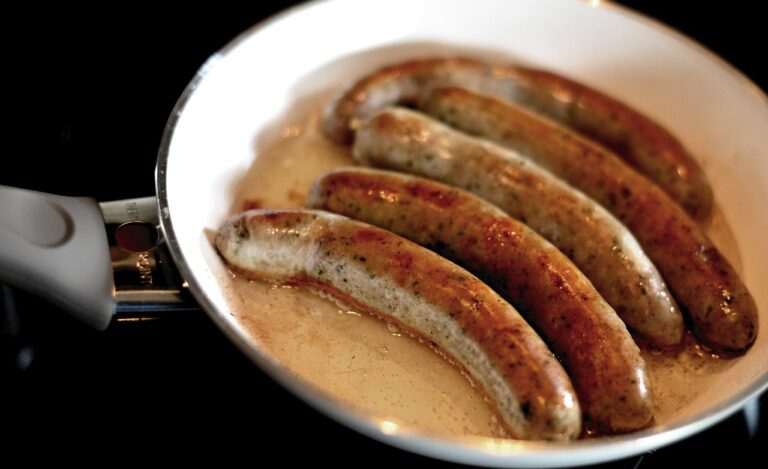Trends in High-Protein Diets for Active and Working Dogs: Bet bhai, Cricket bet 99, Diamondexch9
bet bhai, cricket bet 99, diamondexch9: High-Protein Diets for Active and Working Dogs
As pet owners, we all want the best for our furry friends, especially when it comes to their diet and nutrition. For active and working dogs, their dietary needs are even more crucial to ensure they have the energy and stamina to perform at their best. One of the trends in recent years for these types of dogs is high-protein diets. But what exactly does that mean, and is it beneficial for your dog? Let’s dive into the world of high-protein diets for active and working dogs.
What is a high-protein diet for dogs?
A high-protein diet for dogs is exactly what it sounds like – a diet that is high in protein content. Protein is an essential nutrient for dogs as it provides the building blocks for muscles, tissues, and organs. For active and working dogs, who are constantly on the move and burning energy, a high-protein diet can help support their muscle recovery and overall performance.
Why are high-protein diets trending for active and working dogs?
There are several reasons why high-protein diets have become popular among owners of active and working dogs. One of the main reasons is the emphasis on muscle recovery and maintenance. Protein plays a crucial role in repairing and rebuilding muscle tissue, making it essential for dogs who are constantly exercising and working.
Another reason for the trend towards high-protein diets is the focus on overall health and wellness. Protein is not only important for muscle development but also for immune function, hormone production, and enzyme activity. By providing a diet that is high in protein, owners can help ensure their dogs are getting the nutrients they need to stay healthy and strong.
What are the benefits of a high-protein diet for active and working dogs?
There are numerous benefits to feeding your active or working dog a high-protein diet. Some of the key advantages include:
1. Improved muscle recovery and maintenance: Protein is essential for repairing and building muscle tissue, helping dogs recover faster after exercise or work.
2. Increased energy levels: Protein is a key source of energy for dogs, helping them stay active and alert throughout the day.
3. Enhanced performance: A high-protein diet can help improve your dog’s overall performance, whether they are competing in sports or working in a demanding environment.
4. Stronger immune system: Protein plays a crucial role in immune function, helping your dog stay healthy and fight off infections.
How to choose the right high-protein diet for your dog?
When choosing a high-protein diet for your active or working dog, it’s essential to consider their specific needs and requirements. Factors to take into account include their age, breed, size, activity level, and any underlying health conditions. It’s always best to consult with your veterinarian before making any significant changes to your dog’s diet, especially when it comes to protein intake.
Look for high-quality sources of protein, such as real meat or fish, as the main ingredients in your dog’s food. Avoid fillers and by-products that may not provide the same nutritional benefits. Additionally, consider supplements such as omega-3 fatty acids or glucosamine to support your dog’s joint health and overall well-being.
FAQs
1. How much protein should my active dog consume?
The amount of protein your active dog needs will depend on factors such as their size, age, and activity level. In general, active dogs may benefit from a diet that contains around 25-30% protein.
2. Can high-protein diets cause health issues in dogs?
While protein is essential for dogs, too much of it can lead to health issues such as dehydration or kidney problems. It’s essential to provide a balanced diet and consult with your vet to ensure your dog is getting the right amount of protein.
3. Are there specific breeds that benefit more from high-protein diets?
Breeds that are more active or have higher energy levels, such as working dogs like Border Collies or Labrador Retrievers, may benefit more from high-protein diets. However, it’s essential to consider each dog as an individual and tailor their diet accordingly.
In conclusion, high-protein diets can be a beneficial option for active and working dogs to support their muscle recovery, energy levels, and overall performance. By understanding your dog’s specific needs and consulting with your veterinarian, you can ensure they are getting the nutrients they need to thrive. Remember to choose high-quality sources of protein and monitor your dog’s health and well-being regularly to ensure they are happy and healthy.







